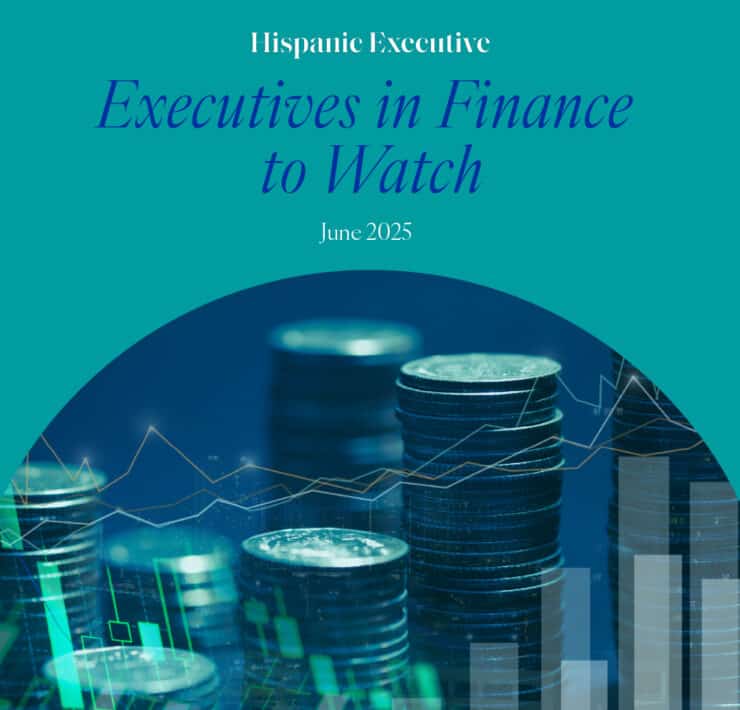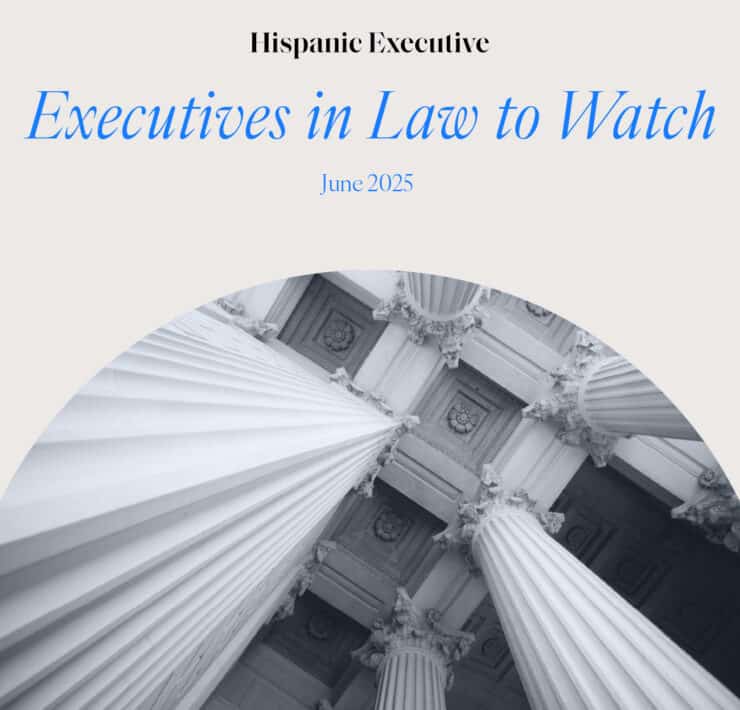
|
Getting your Trinity Audio player ready...
|
No matter your experience, age, or background, you have a story to tell. And while the idea of crafting your own narrative might feel self-indulgent or vain, the truth is that our own stories are what shape and define us. They help us embrace the best part of ourselves to make the world a better place, and they help the outside world understand who we are and what we can do.
Even further, our stories have the power to inspire others in their own journeys. The occasions on which we have succeeded or failed, the teaching moments that have changed us—these details can make a profound difference in someone else’s life and career, especially if there are elements that they can relate to.
But none of those changes will be realized, none of that impact will be made, unless you actually tell your story. And that can be an intimidating process. I have interviewed more than eight hundred executives, business leaders, creators, builders, and community activists as a staff writer at Guerrero, and the majority of those conversations began with a statement along the lines of, “I can’t imagine that anyone cares what I have to say.”
That is, of course, not the case—but it does help people care about what you’re saying when you position your story well and tell it in a compelling way.
We’re starting small here: this article isn’t a primer on writing your autobiography or writing a speech. But it should help you understand what all you have to share—and how you can begin telling the world all about it.
1. Unlearn the Lies You’ve Told Yourself
Bobby Herrera, author of The Gift of Struggle: Life-Changing Lessons About Leading and the founder and CEO of Populus Group, says the first step in learning to tell your story is to unburden yourself of all the self-critical and self-effacing things you believe about your own journey.
Herrera learned this lesson firsthand while trying to articulate the mission statement for Populus Group. That mission is rooted deeply in a story from his childhood, but for a long time, Herrera didn’t feel comfortable sharing it.
“That story was raging like an inferno inside of me since I was seventeen,” he explains. “Even after starting my company, I didn’t tell that story for a decade. I just didn’t think anyone would want to hear it. I didn’t think anyone would care. And I certainly didn’t think it was going to make any kind of a difference.”
But that story—which Herrera dubbed “The Bus Story”—helped his employees understand their leader in a transformational way. It’s now a story he regularly tells at speaking appearances, and if you hear it even once, you’ll never forget it.
“There are so many things that we tell ourselves that are simply untrue,” Herrera reflects. “They’re just lies that justify our lack of vulnerability and our surplus of fear.”
2. Believe in Yourself as a Subject Matter Expert
Yai Vargas is the founder of the Latininsta, an organization aimed at helping Latinas sharpen their career and business skills, including soft—yet essential—skills like negotiating for a raise, self-advocating, and career navigation. A critical part of self-advocacy, she explains, is understanding that whatever your background, you have something to teach someone else.
“I was able to help become a spokesperson and builder of communities for people like me when I realized that my own life in the Hispanic community had made me a subject matter expert,” Vargas says. “I didn’t feel confident enough to raise my hand for these opportunities until I realized—who would be better at building these programs and organizations than us? We’re living it.”
Whatever your area of expertise, whatever your niche, and whatever your experience level, know there is someone out there who needs to hear it. It might be someone more junior in their career who will find solace or guidance in your story, but it might also be someone further on in their professional journey who wants to learn something new to add to their career toolkit.
3. Consider Your Own Inspiration
What stories have you heard or read that left an impact on you? Is your life better off for having heard those stories?
As a young writer, I remember reading that author Hunter S. Thompson would copy extracts—if not full novels—from the work of his favorite authors to understand the “music” of their words. To this day, I think of that story at least once a week while I write.
Consider the lessons you have learned from mentors, professors, friends, and family. What if they hadn’t thought their own experience worthy enough to merit a mention?
Don’t make that mistake. Remember that even if it’s a childhood memory, or a skill you’ve learned, you could fundamentally alter someone’s life with your story.
4. Begin the Journey
There is no perfect way to begin—as the old adage goes, “The hardest part of writing is showing up.”
The good news is that what you need is already inside of you. Your life thus far has already provided all the fuel, detail, and inspiration you need to start your story.
Human beings have used storytelling as a means to connect since we were carving crude paintings on cave walls. Your own contributions can start right now. Your story is yours to tell, and there is a world ready to hear it.







